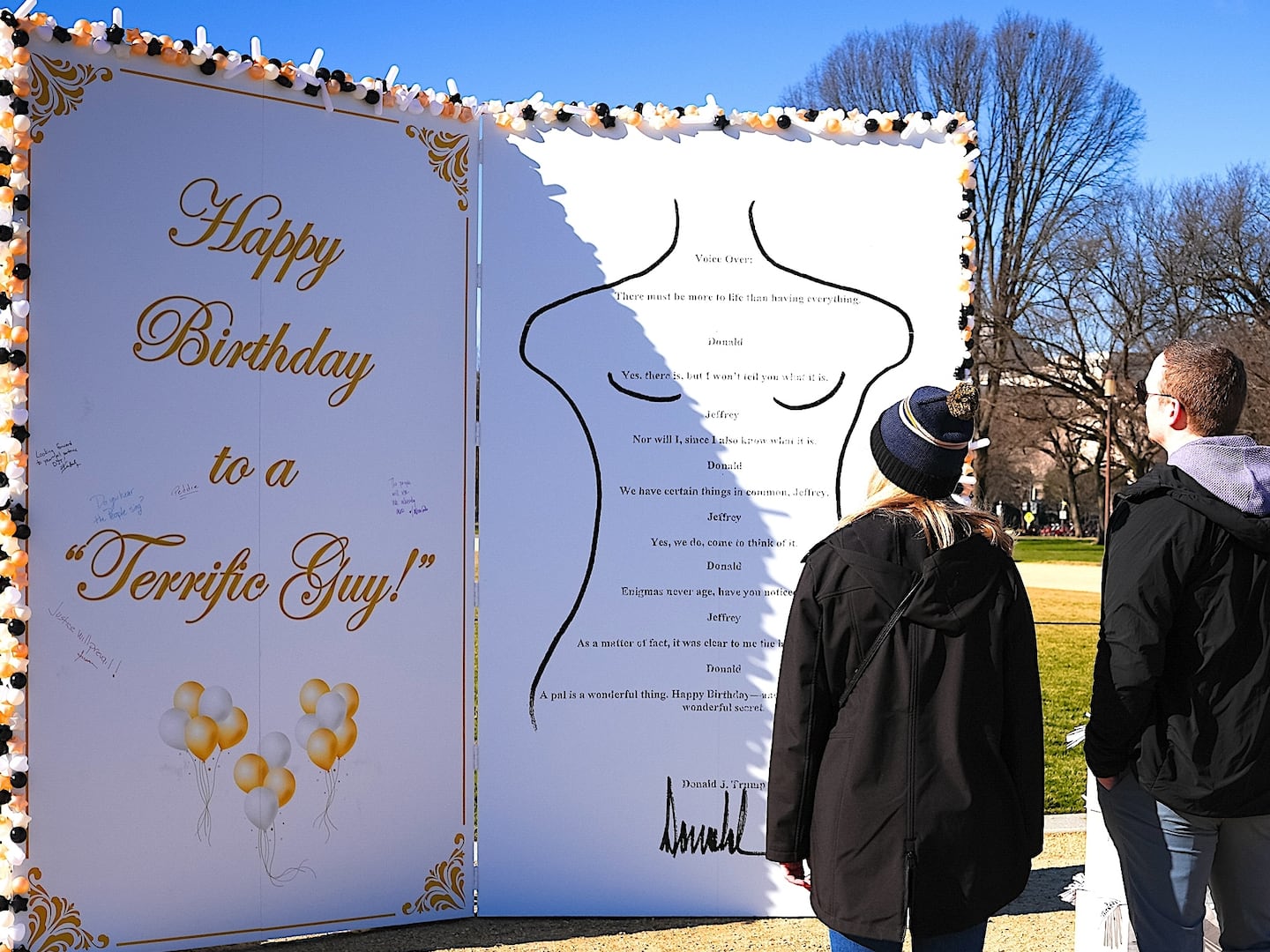’Tis barely February and lawmakers are already grappling with massive legislative issues—guns, immigration, sequestration—along with smaller-scale but equally inflammatory issues such as the Violence Against Women Act.

So, with all this going on, can someone please explain why Democrat Eddie Bernice Johnson, Republican Pete King, and more than two dozen other Democratic members feel driven to create the office of national nurse?
On February 4, Johnson introduced legislation that would take an existing government post, the chief nurse officer of the Public Health Service, and juice it up a bit by establishing a full-time national nurse for public health. The national nurse would, as Johnson’s office has described the job, “function alongside the surgeon general and focus on health promotion, improving health-care literacy, and reducing health disparities.”
This is not the first time this upgrade has been attempted. Johnson and King introduced a basically identical bill in December 2011—as then-Rep. Anthony Weiner had nine months before that. The National Nursing Network Organization (the nonprofit group advocating for a national nurse) insisted that the enhanced office was vital to promote both better health and the profession of nursing. Though well intentioned, previous versions of the bill failed to get out of committee. Hopefully, this incarnation will meet the same fate.
What do I have against nurses? Not a thing, of course. Without them, our health-care system would be an abject disaster. (More personally, my sainted mother has spent much of the last decade battling nasty health problems, and good nurses have been the ones to keep her sane throughout.) I do, however, have a problem with lawmakers’ pedaling feel-good legislation that is, at best, unnecessary and, at worst, wasteful and politically problematic.
To clarify: the role of national nurse essentially exists already in the role of chief nurse officer, a post alive and well since 1949. The person currently in that position, Rear Adm. Kerry Paige Nesseler, would in fact stay put, receiving a title change and enhanced duties.
So if the position already basically exists, why do I begrudge Nesseler a bump in status and influence?
Because this is Washington. And in Washington, every new—or even newly enhanced—position brings with it not just the opportunity but the obligation to start that long, slow slide of mission creep and office bloat. More duties means more staff. More money. More bureaucracy. Congress always assures us that this time will be different, but it rarely is. Which doesn’t mean that the need for a new position—even at the cabinet level—doesn’t occasionally outweigh the costs. But it does mean there should be a clear and compelling need for the change.
Which brings us to the politics of the matter. Already, there’s a war raging over the size, scope, and cost of government. Thanks to some boneheaded moves and extremist overreach, the GOP has suffered setbacks in its ongoing quest to slash, slash, slash. But that doesn’t mean some significant chunk of the public isn’t receptive to the basic argument that government is getting too big, trying to take on too much at too high a price. The high-voltage squabbling over Obamacare has made health care a particularly sore spot in this debate. So into this toxic mix, Democrats (with King providing a dash of bipartisan cover) see fit to toss calls for a national nurse? Really? Talk about picking a dubious fight that isn’t going anywhere anyway.
In the current legislative climate, this bill amounts to little more than an empty gesture aimed at making some House members feel good about themselves (who doesn’t love nurses!) and giving them something to brag about to constituents. Which, admittedly, isn’t much of a sin compared with all the grandstanding, brinksmanship, and general craziness dominating the Hill these days. It does, however, stand as one more sign of how unserious Congress has become about governing.






